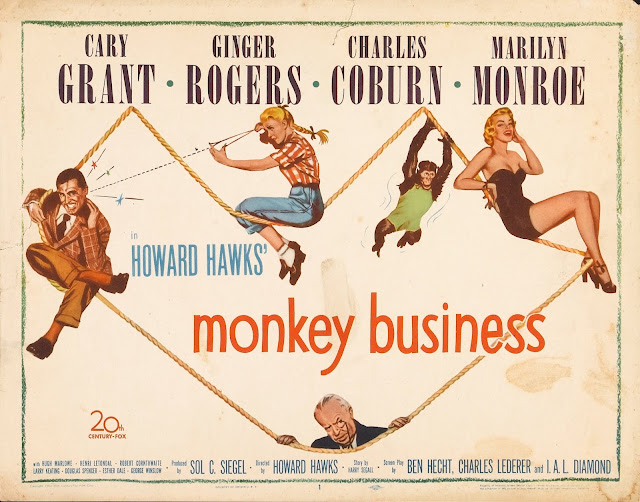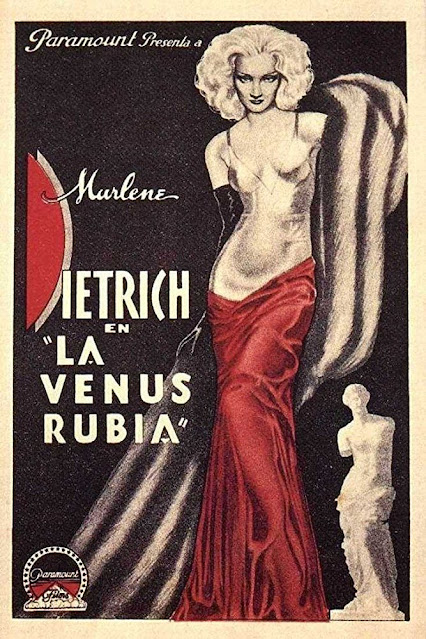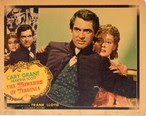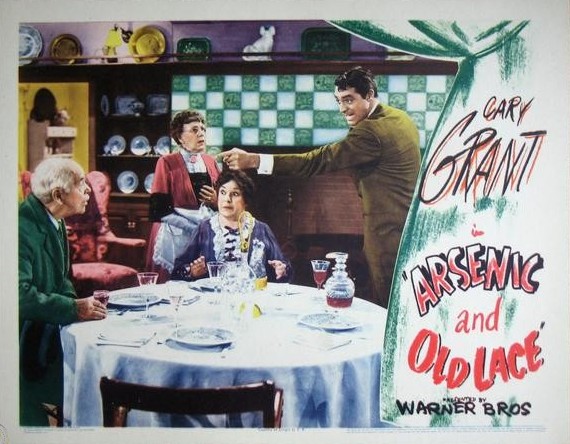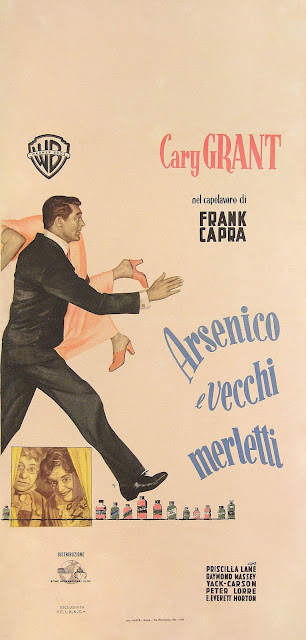The Bachelor and The Bobby Soxer - 1st September, 1947.
People Will Talk - 2nd September, 1952.
I Was A Male War Bride - 2nd September, 1949.
Monkey Business - 15th September, 1952.
Blonde Venus - 16th September, 1932
The Howards of Virginia - 19th September, 1940
None But tne Lonely Heart - 22nd September, 1944.
Arsenic and Old Lace - 23rd September, 1944.
...look out for October releases...I'm No Angel, Wedding Present, The Last Outpost, The Awful Truth, Hot Saturday!













.jpg)
















